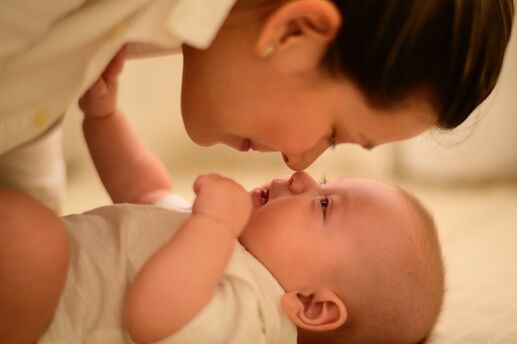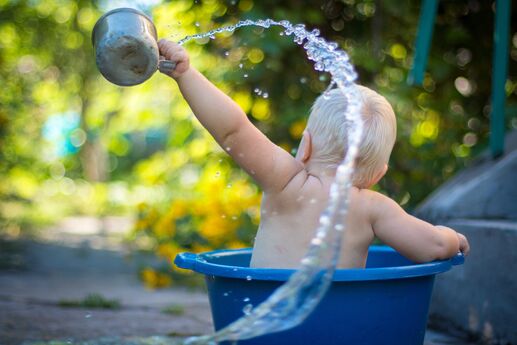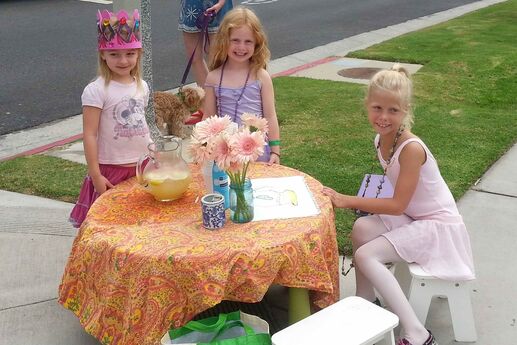Stimulating and Easy Toddler Day Trips
If you have a toddler, you know how important it is to get out and about. Kids this age need to explore and learn about their world, and toddler day trips are the perfect way to do this.
What to pack
Before heading out the door, always remember to pack supplies so that you are prepared for anything your little one needs throughout the day. Make sure to pack blankets, a change of clothes, and snacks. And don’t forget some extra diapers!
Visits to zoos, aquariums, parks, and children’s museums are great activities for toddlers. You don’t always have to plan big, extravagant outings to have fun. Check out these easy and engaging options for great toddler day trips.
Day trip no. 1: Picnic in the park
What kid doesn’t like a trip to the park? Pack a big basket of snacks and toddler-friendly foods, a blanket, some sunscreen, and plenty of toys for the outdoors (such as balls, shovels, and pails). Bonus points if you can picnic next to a playground, but any large field or play area will work.
Day trip no. 2: Visit the zoo
Going to the zoo is a not to be missed excursion with your little one. Engage her by telling her the names of the different animals and even mimicking the sounds they make – she’ll love it!
Day trip no. 3: Take public transportation
It may sound silly, but activities for your toddler that involve taking a bus, train, or boat ride are sure to provide entertainment. If you have access to local public transportation, hop aboard and travel a few stops. Let your toddler sit by the window -- she’ll be mesmerized by the sights whizzing by. If she starts to get bored, you can always get off and explore a new part of town or even just pop into a local restaurant for lunch or a treat.
Day trip no. 4: See the aquarium
You can't go wrong with lots of fish in big tanks. Your child will be fascinated by all the different colors and types of fish she sees swimming by. An aquarium visit will be fun for the two of you, and it will engage her senses and appeal to her bubbling curiosity.
If you’re not sure where to go or what to do, contact your local chamber of commerce or city hall and ask about activities for toddlers in your area. The staff should be able to direct you to local museums or other special events designed for families and children.
Still stumped for ideas? Let your tot decide on today’s trip! She might say that she wants to take a walk to the playground or head to the ice-cream parlor for a banana split. Toddlers have little control over their day-to-day life, so it might be fun to hand over the reins (within reason, of course!) and let her decide what the two of you will do.
Photo by Andrik Langfield on Unsplash







